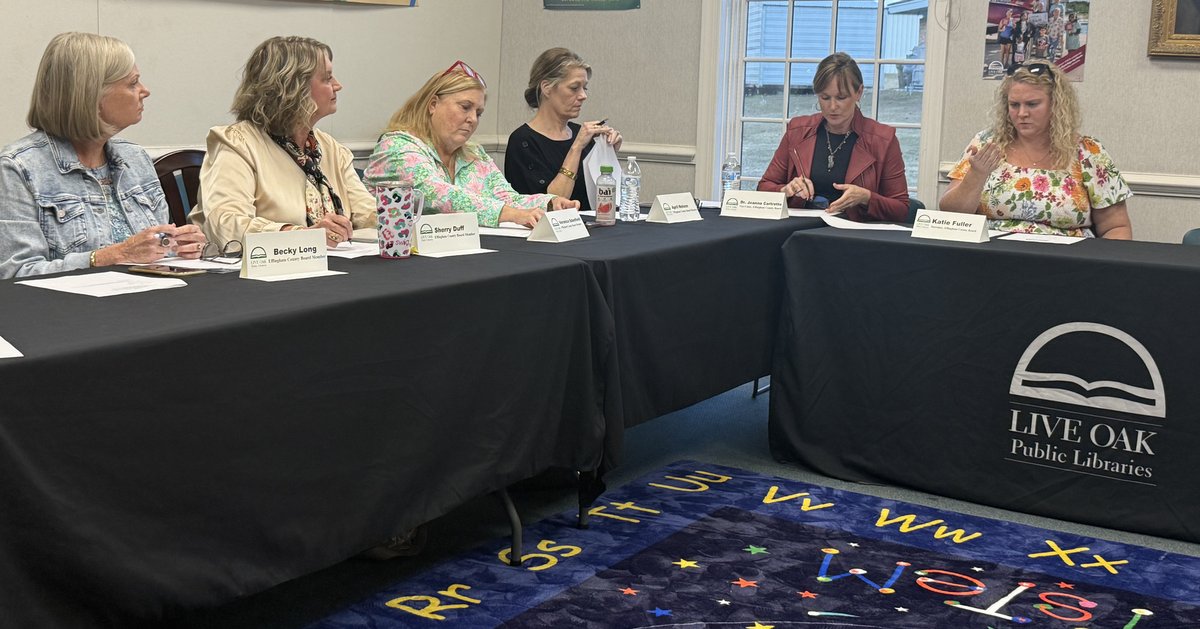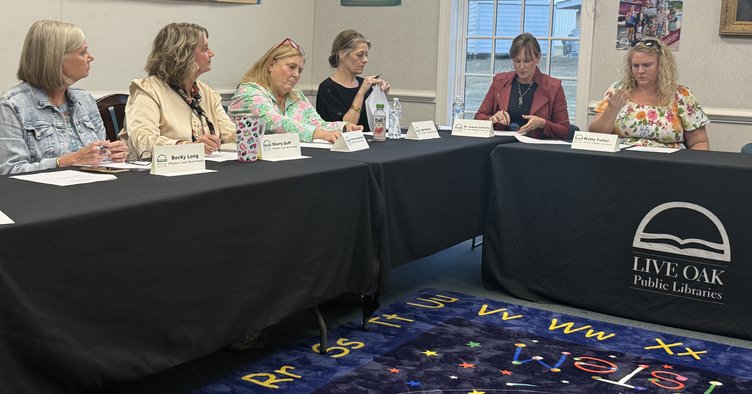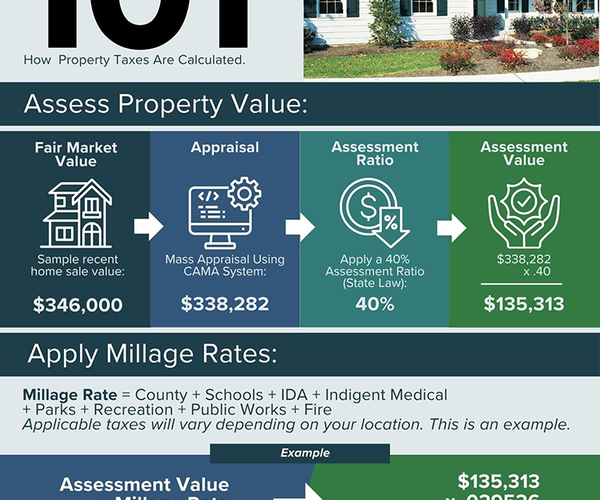A deed will be prepared so that Effingham County crews can begin taking care of what has been a private dirt road, after more than two dozen residents requested the county maintain it.
Twenty-six residents along Dixie Drive submitted a petition to have the county start maintaining the road.
There are two subdivisions on Dixie Drive, Dixie Estates and Dixie Manor, and there were questions about how a dirt road was allowed for a subdivision. County officials weren’t sure if it was designed to be what is known as a mini-farm subdivision. The subdivision was developed in 1989 but lots aren’t five acres, noted interim county administrator Toss Allen.
Allen said there did not appear to be anything on the deed that would restrict the county from taking the road but the dedication language on the plat makes it seem as if the roads were intended to be private.
“At the time the mini-farms were built, they were never intended to be county road,” he said.
Chairman Wendall Kessler, who built a mini-farm subdivision several years ago off Highway 17, said the way the plats were done shows it was intended to be a subdivision.
“Personally, I think we should accept it,” he said.
Commissioner Vera Jones initially was cool to the idea of the county performing maintenance on what has been a private dirt road.
“When a subdivision is developed, there are certain requirements of the developer,” she said. “Under what terms has the county taken over a dirt road? Why would after 20-something years would we take ownership of somebody’s private dirt road? I need an intelligent reason to take the road.”
Commissioner Steve Mason said he told the residents along Dixie Drive he didn’t think the county could accept the road for maintenance because it was a dirt road.
“I didn’t think it would rise to the level where we would accept it because it is a dirt road,” he said.
“Because of how we are proceeding with others, this is what brought this up. This is the problem of opening that door we’ve opened now.”
The county recently took possession of the roads in Ridgecrest subdivision, and during that meeting, Kessler said homeowners in that neighborhood may not be able to sell their home, if the prospective buyer’s financing falls through because the road is private.
“We’ve used that argument in other places,” he said, “so that applies here, too.”
Mason said Dixie Drive was scheduled to be turned to an ash road, but at the time, the residents asked not to have it paved with ash.
“It was intended to be completely private,” he said.
Allen said the developers believed their subdivision complied with the regulations then on the books.
“We just don’t do dirt roads in subdivisions,” Jones said. “If it is a true subdivision, that may make it a little different.”
The road has a 60-foot right-of-way, which surprised commissioners.
“There is enough right-of-way,” Mason said. “They are not interested in having a paved road. They just want their dirt road maintained.”
Dixie Drive is just a half-mile long and it is across from Kieffer Hill Road, which has 20 properties and currently county maintained. Public works has estimated it would cost from $3,300 to $4,000 to get the road into condition to be maintained regularly, and monthly expenses to keep it in good shape would be about $150-$200.
The county currently maintains about 115 miles of dirt roads in the county. Last November, the county agreed to accept 65 roads in 31 subdivisions for maintenance. Nearly two dozen of those roads were built with an ash base, and there were about 150 roads in 57 subdivisions they county did not own and did not maintain.
Earlier this year, commissioners were split on a vote to accept the roads in Red Oak subdivision, though no houses have been built there. It was estimated the cost to repair the road to bring it up county standards was between $2,500 and $3,000.








